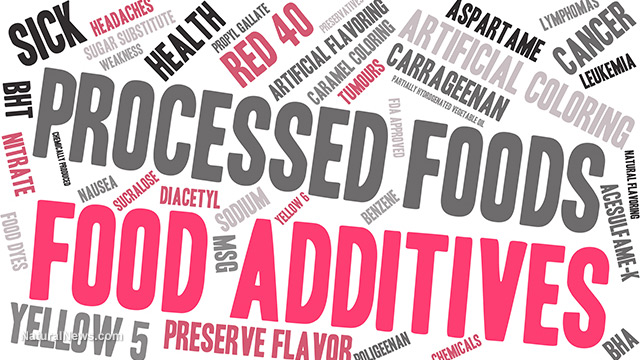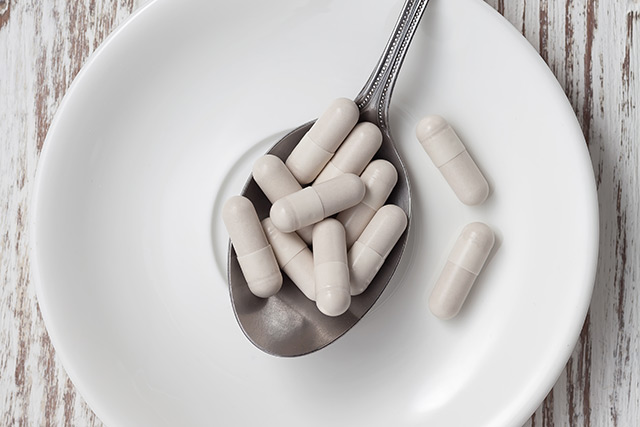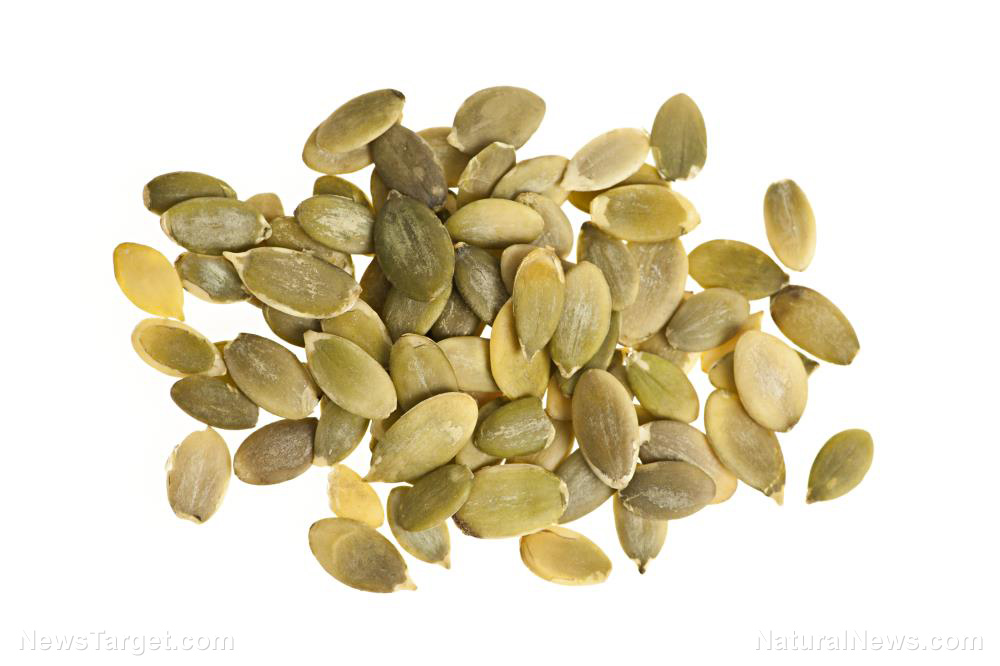The hidden danger in your pantry: How common FOOD ADDITIVES fuel DIABETES and GUT DAMAGE
10/17/2025 / By Evangelyn Rodriguez

- A Lancet study found that emulsifiers like gum arabic, carrageenan, xanthan gum and tripotassium phosphate increase Type 2 diabetes risk by three percent to 15 percent per serving.
- These additives strip protective gut mucus, causing inflammation, insulin resistance and metabolic dysfunction—key drivers of diabetes.
- Emulsifiers exploit the FDA’s “Generally Recognized as Safe” (GRAS) loophole, avoiding proper safety testing despite evidence linking them to IBD and cancer.
- Emulsifiers are ubiquitous in processed foods. Found in bread, ice cream, margarine, sauces and processed cheeses, these cheap additives are meant to extend shelf life–but at the cost of consumer health.
- Ditch ultra-processed foods, read labels, cook from scratch, use natural thickeners and prioritize organic whole foods to escape the dangers of toxic food additives.
Why should you care about the additives in your processed food? Because research suggests they may be silently sabotaging your gut health and fueling a global diabetes epidemic. A groundbreaking study published in The Lancet Diabetes & Endocrinology has linked common food emulsifiers to an increased risk of Type 2 diabetes, raising urgent questions about the safety of these ubiquitous additives.
With the International Diabetes Federation predicting that 783 million people—one in eight adults—will have diabetes within two decades, researchers are scrambling to uncover the hidden dietary culprits behind this crisis. The answer may lie in the emulsifiers lurking in everyday foods, from bread and margarine to ice cream and cookies.
Emulsifiers: The silent saboteurs of gut and metabolic health
Emulsifiers are chemicals added to processed foods to stabilize mixtures that wouldn’t naturally blend, such as oil and water. They improve texture, extend shelf life and enhance appearance–but at what cost?
The study followed 104,139 adults over 14 years, tracking their diets through biannual food logs. The findings were alarming:
- Gum arabic increased diabetes risk by three percent per 1,000 milligrams (mg) consumed.
- Carrageenans (found in dairy products) raised diabetes risk by three percent per 100 mg consumed.
- Xanthan gum (common in sauces and dressings) increased diabetes risk by eight percent per 500 mg consumed.
- Tripotassium phosphate (used in processed cheeses) spiked diabetes risk by 15 percent per 500 mg consumed.
These additives don’t just disrupt blood sugar—they wreak havoc on the gut microbiome, the delicate ecosystem of bacteria in your stomach that are crucial for digestion, immunity and metabolic health.
Emulsifiers can strip away the protective mucus layer in the gut, leaving the intestinal lining vulnerable to inflammation. Chronic inflammation is a key driver of insulin resistance, disrupting insulin signaling pathways and impairing the body’s ability to properly utilize glucose, which leads to elevated blood sugar levels. This is why insulin resistance is recognized as the precursor to Type 2 diabetes.
Big Food’s dirty secret: Profits over health
The food industry has long defended emulsifiers as “generally recognized as safe” (GRAS)—a regulatory loophole that allows additives to bypass rigorous safety testing. But mounting evidence suggests otherwise.
A 2022 study published in Gastroenterology found that emulsifiers like carboxymethylcellulose alter gut bacteria in ways that promote inflammatory bowel diseases and even cancer. Yet, despite the red flags, regulators have been slow to act.
These food additives are everywhere because they’re cheap and extend product shelf life. But their long-term health consequences are being ignored.
To protect yourself, ditch ultra-processed foods. Experts recommend:
- Reading labels religiously – Avoid toxic ingredients like carrageenan, polysorbate-80 and mono- and diglycerides.
- Cooking from scratch – Homemade meals eliminate hidden additives.
- Choosing organic, whole foods – Prioritize fresh produce, grass-fed meats and traditional fats like butter and olive oil.
- Using natural thickeners – Swap xanthan gum for arrowroot or agar-agar in recipes.
As diabetes rates skyrocket, the role of food additives can no longer be ignored. BrightU‘s Enoch notes that while Big Food profits from cheap, long-lasting products, consumers pay the price with their health. Until regulators tighten restrictions, the safest bet is to opt out of the processed food trap—one whole, additive-free meal at a time.
Stay vigilant. Your gut and your future health depend on it.
Watch this video to learn about food emulsifiers that are linked to increased risk of Type 2 diabetes.
This video is from the Daily Videos channel on Brighteon.com.
Sources include:
Submit a correction >>
Tagged Under:
clean food watch, Dangerous, diabetes, emulsifiers, food additives, food safety, food science, food supply, grocery, gut damage, gut health, health science, inflammation, insulin resistance, metabolic health, poison, products, real investigations, research, stop eating poison, toxic chemicals, toxic ingredients, toxins
This article may contain statements that reflect the opinion of the author



















